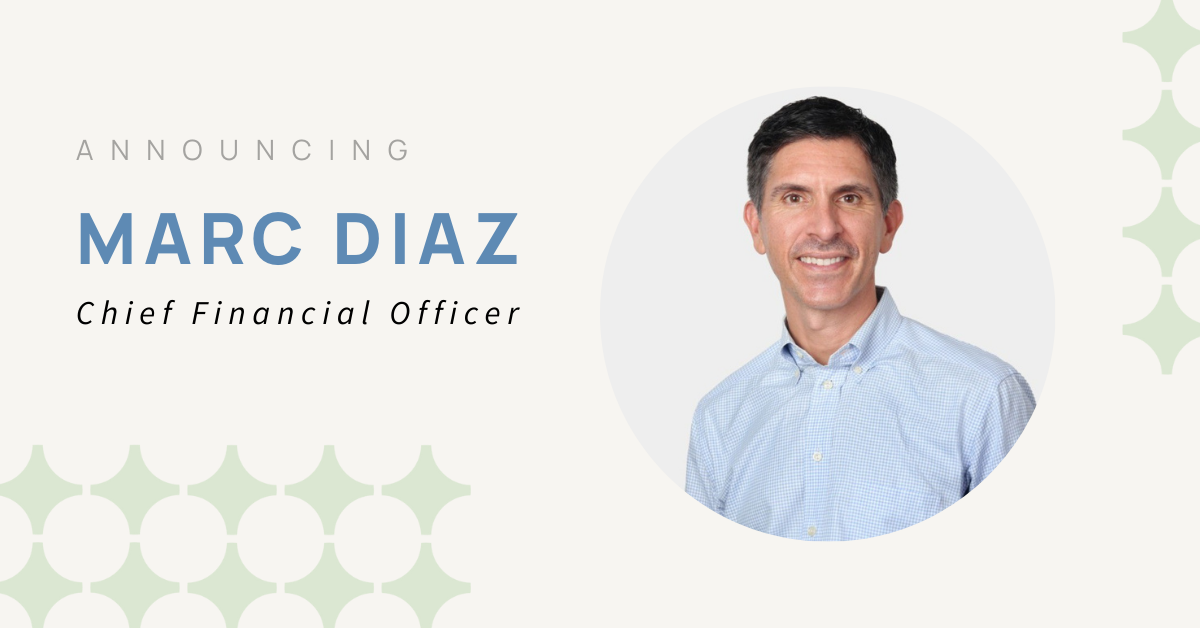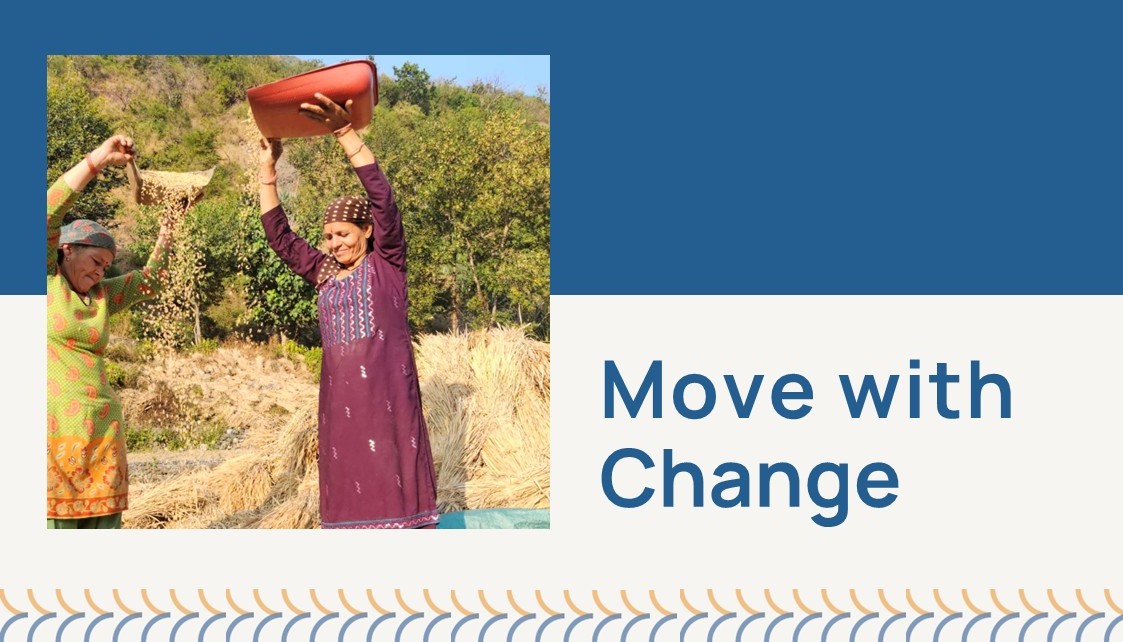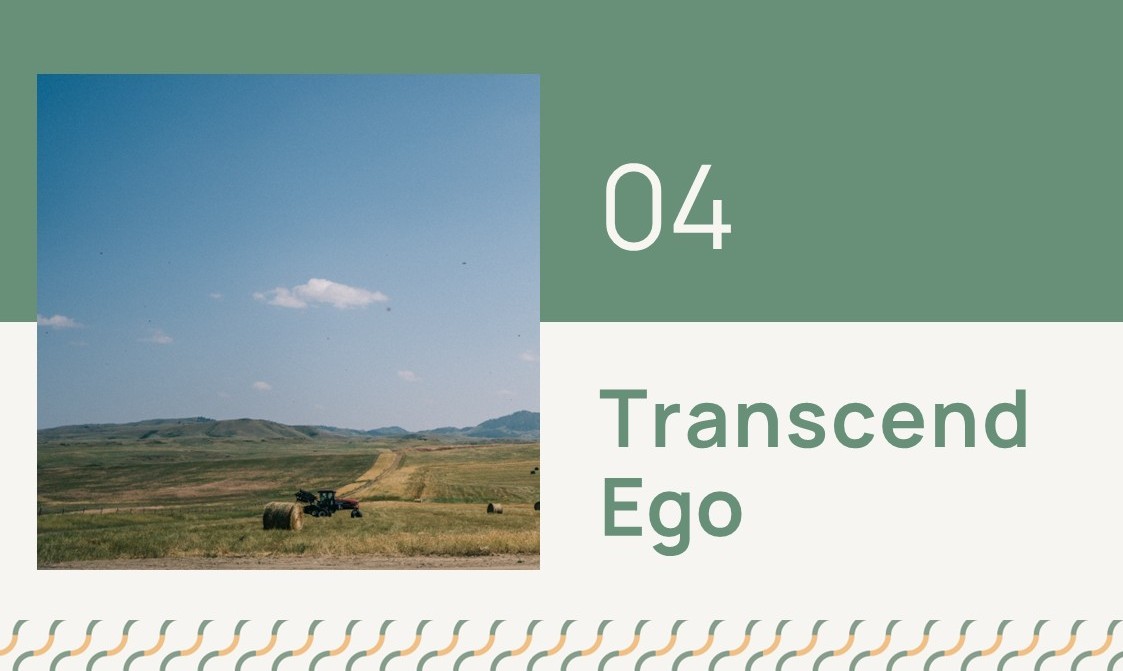RSF Social Finance has launched an expanded donor-advised fund (DAF) program that offers multiple levels of philanthropic advising and gives all DAF holders opportunities to engage with new giving models that challenge philanthropy’s power dynamics.
The RSF DAF offering remains rooted in relationships: donors learn and co-create with the RSF team and join a community of active philanthropists. The expanded program builds on that base to fully activate donors’ money for transformative social, ecological, and cultural change. Donors can pursue multiple paths forward from wherever they are on their philanthropic journey. Meanwhile, DAF assets continue to be invested in climate and social justice solutions, with an eye to preserving liquidity for grantmaking.
Increased access to philanthropic advising
The new DAF program offers multiple levels of philanthropic advising, designed to help donors take full advantage of the flexibility and opportunities for ad hoc collaboration that DAFs provide. Donors can tap RSF’s expertise to develop a giving thesis and plan, identify and vet grantees, facilitate family philanthropy, pursue reparative giving and wealth redistribution, and explore various forms of participatory grantmaking.
In 2021, RSF plans to further expand the program by offering DAF holders the option of issuing recoverable grants and loan guarantees.
Shifting power to communities
Over the past decade, RSF has worked with pioneering donors to pilot and refine innovative grantmaking models that shift power to community experts. With the new RSF DAF program, all donors can experiment with models such as flow funding, shared gifting, and community-led funding.
- Flow funding hands over grantmaking power to nonprofit leaders, social entrepreneurs, or community leaders with lived experience in a particular field. The donor typically chooses the issue area and invites community leaders to distribute funding.
- The shared gifting approach brings 6 to 10 local nonprofit leaders together for a day to review each other’s proposals, ask questions, and decide how to distribute financial resources among themselves, based on their own criteria.
- Community-led funding puts community leaders in the donor’s interest area fully in charge. Donors provide ongoing financial support, and community leaders have sustained autonomy over how the funds are distributed.
Catalyzing systemic change
RSF DAF holders are active philanthropists with a strong focus on solving systemic problems: they granted out 44% of DAF funds in 2019, with 48% of grants related to climate, economic, or food system justice, and 28% related to climate change mitigation or ecological conservation. (Some grants have multiple focus areas.)
Donors’ focus shifted in 2020 in response to the pandemic and the racial justice movement. As of August 31 this year, RSF DAF funds had a 53% payout rate, with 44% of grants supporting racial and social justice initiatives and 16% funding COVID-19 pandemic-related needs.
The new RSF DAF program offers numerous ways for donors to deepen the impact of their philanthropy. DAF holders now have access to an established body of work and strategies that can help them effectively target their grantmaking, find potential partners, and contribute to the ongoing development of transformative new models. The RSF team looks forward to breaking fresh ground with this growing donor community.


